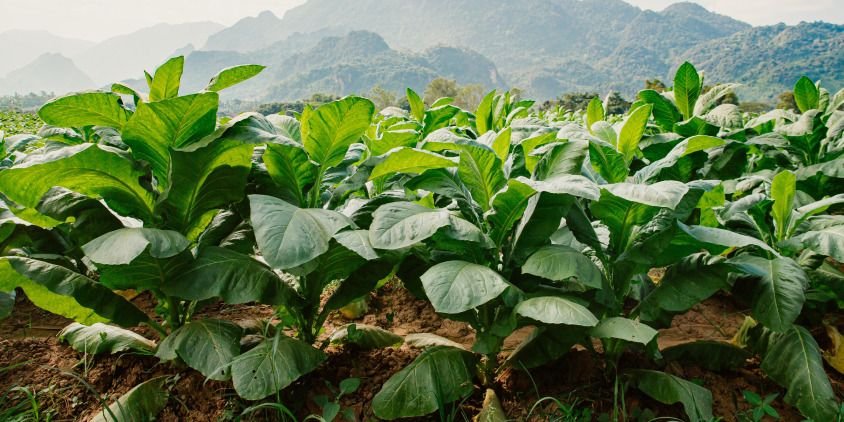Tuesday, 27 January 2026

The Federation of All India Farmer Associations (FAIFA), representing India’s tobacco growers, has sharply criticised the exclusion of farmer representatives from the upcoming 11th Conference of the Parties (COP11) to the WHO Framework Convention on Tobacco Control (FCTC). The global policy summit is set to take place in Geneva from November 17–22, 2025.
According to FAIFA, farmer groups were denied participation on the grounds that their interests “are not aligned with the objectives of the FCTC”—a rationale the organisation calls “illogical, discriminatory, and in direct conflict with the treaty’s own mandates.”
India is the world’s second-largest tobacco producer, trailing only China, and the second-largest exporter of unmanufactured tobacco, with shipments worth Rs 12,006 crore in FY24. In Flue-Cured Virginia (FCV) tobacco, India ranks fourth globally. FAIFA argues that such a strategically important agricultural sector cannot be isolated from policy discussions that directly decide its future.
“Article 17 and 18 of the FCTC explicitly mandate protection of tobacco farmers’ livelihoods and promotion of viable alternatives,” said P. S. Murali Babu, President of FAIFA. “Yet, COP11 continues to shut its doors on the 36 million people whose livelihoods rely on tobacco cultivation, curing, trading, and allied activities. They are victims of decisions taken without their voice.”
FAIFA said that multiple formal requests to be included as stakeholders or observers at COP11 were rejected without transparent explanation. The group alleges that the approach undermines the United Nations’ stated principles of inclusivity and participatory decision-making.
“It is deeply disappointing and fundamentally undemocratic,” Murali Babu added. “Our farmers deserve representation before any anti-farmer, one-sided measures are pushed through.”
FAIFA has called for urgent dialogue and a more balanced, economically sensitive perspective at global health forums, arguing that abrupt policy shifts without sustainable transition pathways will disproportionately punish rural communities in India and across the developing world.
“As the world debates the future of tobacco, farmers must not be forced into the shadows,” he said. “Sustainable livelihoods require sustainable policymaking.”